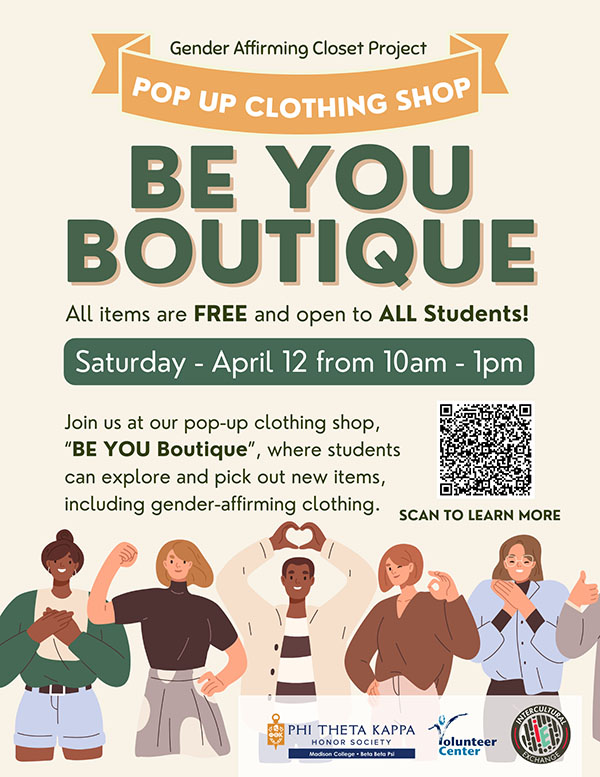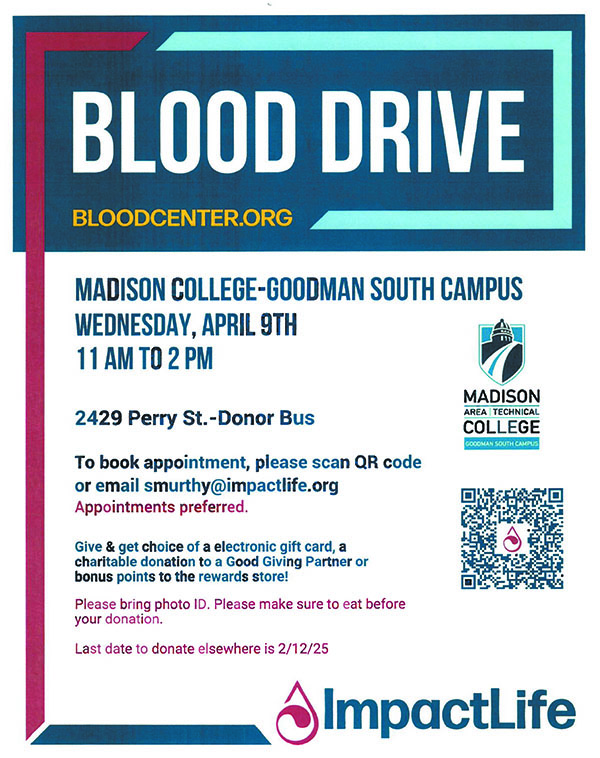Informercial offers satirical look at society’s implicit bias
November 7, 2018
There have been 39 indicated instances just this year where people, particularly white people, have called the authorities when they noticed black people doing normal, everyday things.
These situations are in no form threatening, but these people still claim this is the reason.
The more likely answer is prejudice.
In October alone, four documented situations have gone viral — although this doesn’t designate these as the only occurrences, just the noted ones. On Oct. 7, Corey Lewis posted a video on Facebook in which he’s being harassed solely because he is with two white children. He was babysitting them.
In August, Shelia Stubbs, a statehouse candidate, was canvassing a neighborhood when she had the police called on her. The person who made the call believed she and her family were “waiting for drugs at the local drug house”, according to the police report. This occurred right here at home, in our very own Madison. It happens everywhere, and it will continue to happen until preconceived ideas are adamantly erased.
Most recently, a woman in Brooklyn, swiftly identified by the public as “Cornerstore Caroline”, claimed that a 9-year-old boy assaulted her in a store when his backpack only grazed her backside. According to an interview done by Jason Littleton, the man who took the video of the incident, the poor child was terrified he was going to be sent to prison for something he did not do. This situation is similar to the Emmett Till case in 1955 Massachusets, in which he was accused of disrespecting a white woman, resulting in his wrongful lynching at only 14-years-old. Despite being 63 years ago, this near level of racial injustice continues to traumatize many communities.
In efforts to shed some more light on these situations, actress and comedian Niecy Nash has created a satirical infomercial and a fully functioning hotline, 1-844-WYT-FEAR. The video shows Nash promoting a helpful phone number for white people, too blinded by their bigotry, to call when they’re scared of black people living their normal lives.
The infomercial is easily accessible on The New York Times website and YouTube page, and the hotline is reachable for anyone with a phone on hand. Do some watching and listening and spread the knowledge.
These current implicit biases, which are clearly racially motivated, are causing a phenomenon in which black people are put in serious situations of harassment for doing nothing other than living their lives. While this is not an entirely new ordeal, the era of quick access to filming devices and social media platforms is, and that is leading to these incidents finding more and more justice.
Or, at the least, society is finally coming more face-to-face with the anxiety-fueled lives that people of color endure every day.






























